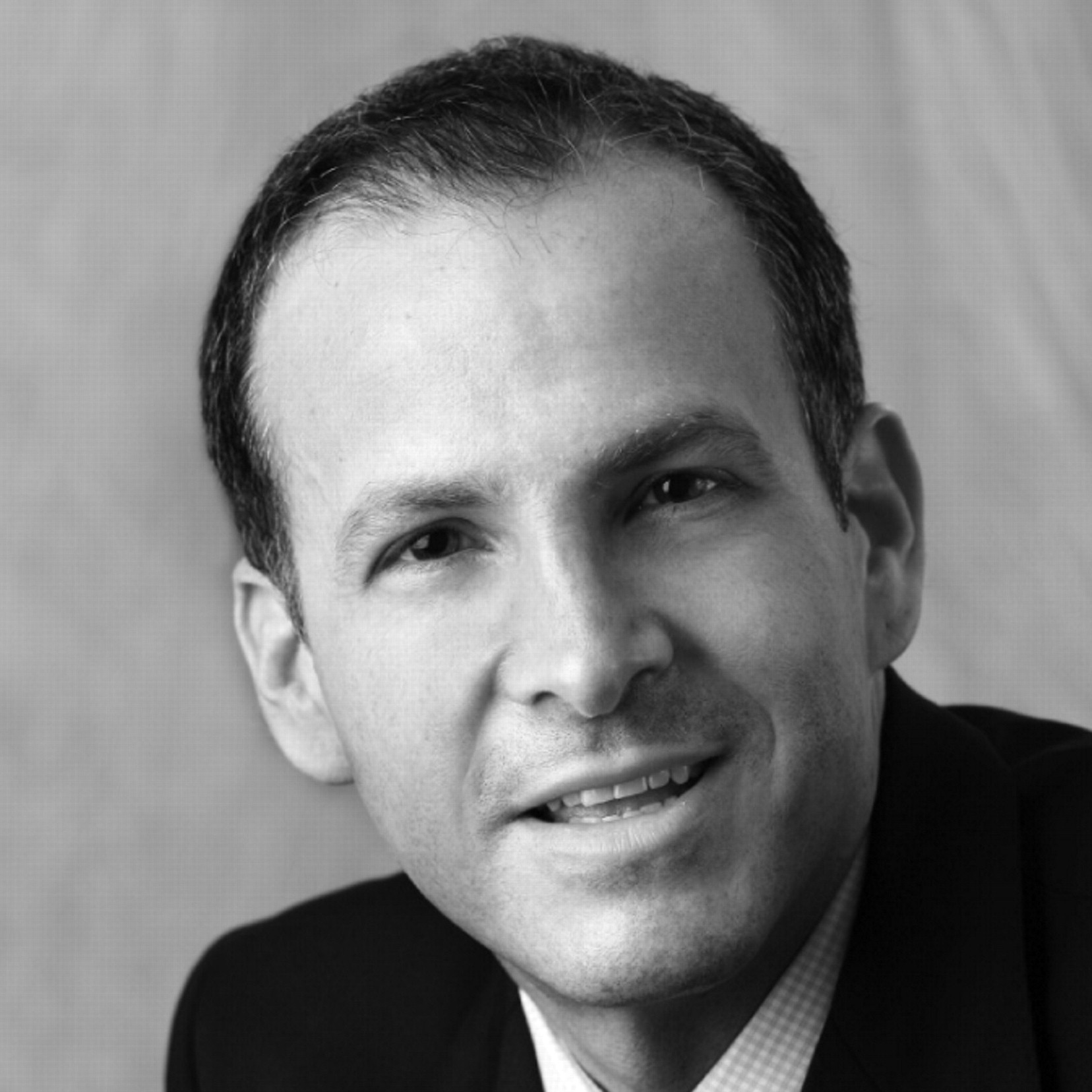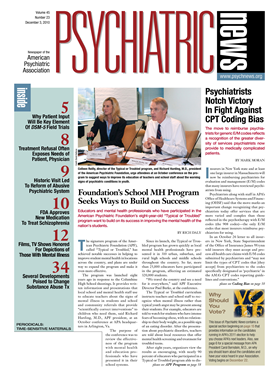I have followed a nontraditional path to medicine. After a decade of applying myself to professional success in investment banking and management consulting, I became ready, through a series of volunteer experiences, to pursue a career in psychiatry. As a longtime volunteer leader of an American Red Cross disaster relief team, I spent September 11, 2001, at ground zero, where I set up a psychiatric emergency room. In that intense emotional environment, I recognized the unique opportunity to help trauma victims and people with extremely painful emotional experiences. I became committed to psychiatry and have remained so ever since. Now I am a PGY-3 resident at University of Maryland/Sheppard Pratt and plan to begin child and adolescent fellowship training in July 2011. I received my M.D. from the University of North Carolina and my M.B.A. from the Wharton School of the University of Pennsylvania.
This is what I believe:
Our future depends on strong leadership and diversity. Our leaders are aging (40 percent will retire by 2015), and I will propose more leadership development programs. Minorities are underrepresented, and I will advocate for increased recruitment of racial, ethnic, and sexual minorities. A shortage of psychiatrists exists; I will advocate for new, innovative recruitment strategies.
We can create more programming for ourselves. We can better understand how APA works and how it can support us now and during our transition to becoming early career psychiatrists (ECPs). The more that we become involved in APA as members-in-training (MITs), the more likely we will be involved as ECPs, and thereafter. Therefore I propose that APA brings us together in a network of committees that report to the APA councils and in a format that emulates the AMA Resident and Fellow Section. (I serve on its Public Health Committee.) Furthermore, I propose special-interest list serves and groups for MITs similar to AACAP's. (I serve on the AACAP Psychotherapy Committee.)
We can do better for our patients. I will use my business background to contribute to APA's lobbying efforts targeting health care reform and parity implementation. I will advocate for reducing health care disparities. I will propose increases in public-health and policy-related research initiatives.
The more of us there are, the louder our voice. I have worked to increase membership in Maryland and will work with the district branches and state associations to further increase MIT membership nationwide.
I will advocate for you. With the Maryland Psychiatric Society, I successfully advocated for more MIT programming. With AACAP, I advocated with child psychiatrists last May on Capitol Hill for resident and fellow loan repayment.
I have sought to represent my peers as president of my college class, as vice president and treasurer of my medical school student body, and as house staff representative during PGY-1. I currently serve as a board member on the Alumni Class Leaders Council at the University of Pennsylvania and as co-chair of the Resident and Fellow Committee at the Maryland Psychiatric Society.
I ask for your vote.
Primary Professional Activities and Sources of Income
Professional Activities
100%—University of Maryland
Income
100%—Residency training

